
Bonus Chapter
Sleep Myths Debunked
“I’m so good at sleeping that I can do it with my eyes closed.”
– Anonymous

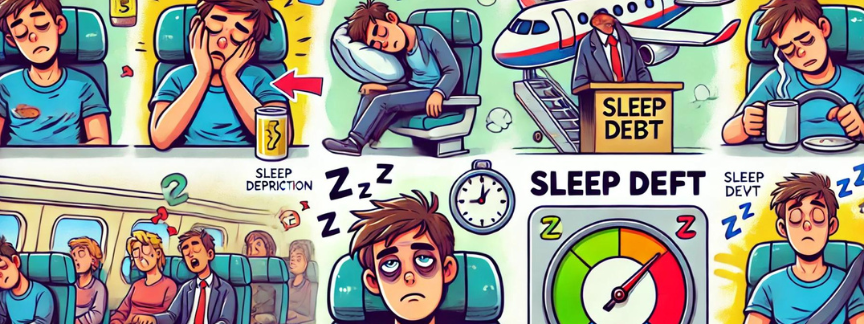
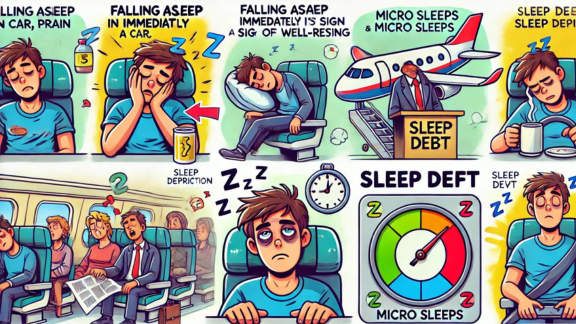
“Instant Sleep Is a Sign of Good Rest”
Falling asleep immediately in a car, train, or plane isn’t a sign of being well-rested.
Sleep experts say it indicates sleep deprivation and “micro sleeps,” where your body repays its sleep debt.
Check your sleepiness with the Epworth Sleepiness Scale. If concerned, consult a sleep doctor for further testing.




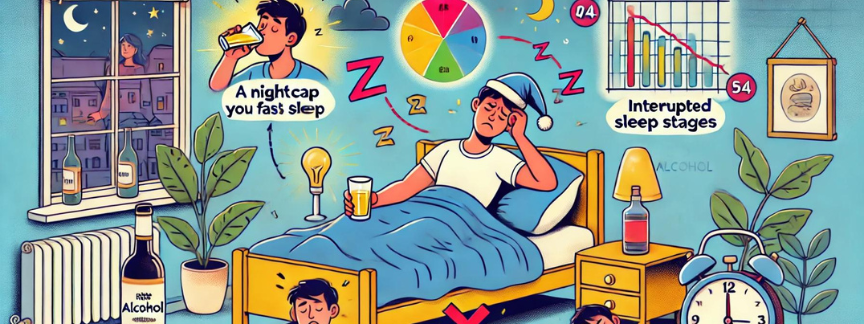
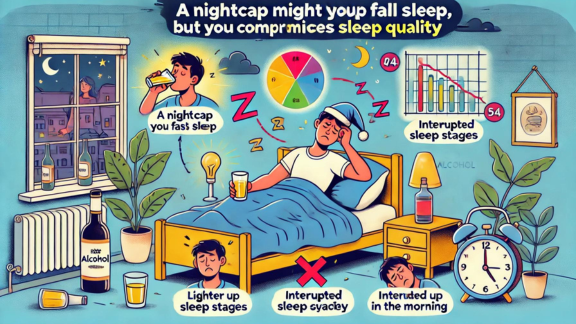
“Alcohol Helps You Sleep”
A nightcap might help you fall asleep, but it compromises sleep quality.
Alcohol traps you in lighter sleep stages and reduces overall restfulness.
It prevents you from reaching REM and deep sleep, causing you to wake up feeling unrested.
For better sleep, avoid alcohol before bedtime.




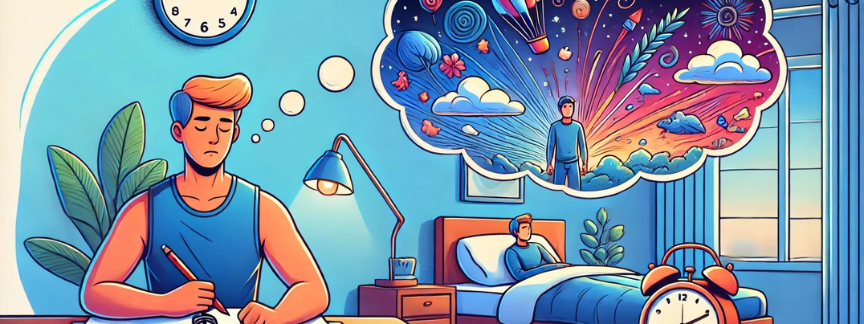
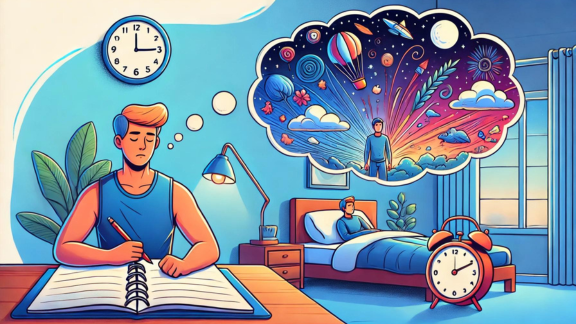
Remembering Your Dreams is a Sign of Good Sleep
Remembering dreams isn’t a sign of good sleep.
We all dream 4-5 times a night, but often don’t recall them because we stay asleep.
Emotional dreams may resurface during the day, but mundane dreams are usually forgotten by those who sleep well.




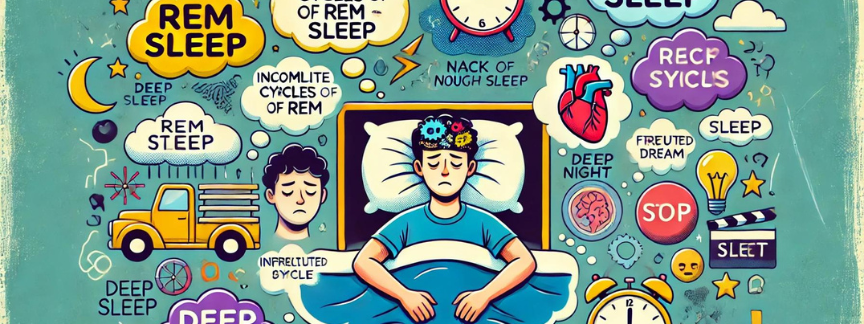
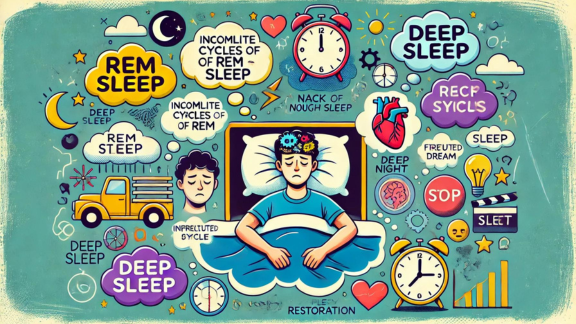
Your Body can Adapt to Less Sleep
The idea that your body can adapt to less sleep is a myth.
Without enough sleep, your body doesn’t complete the necessary cycles of REM and deep sleep, leading to incomplete physical and mental restoration.




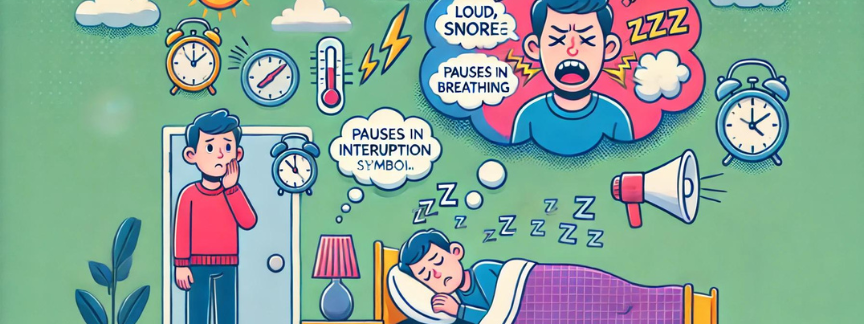
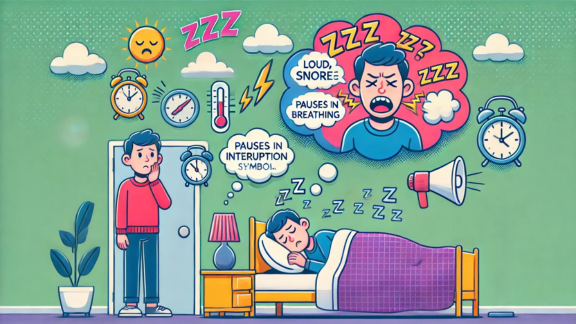
Snoring is mostly harmless
Contrary to popular belief, snoring isn’t always harmless.
“Loud, raucous snores interrupted by pauses in breathing” indicate sleep apnea, a serious sleep disorder.
Sleep apnea increases the risk of heart attacks, high blood pressure, diabetes, and cognitive disorders, among other health issues.
If you suspect sleep apnea, seek medical advice to protect your health.






Feel free to share with your colleagues
Give feedback, ask questions or request new resources


